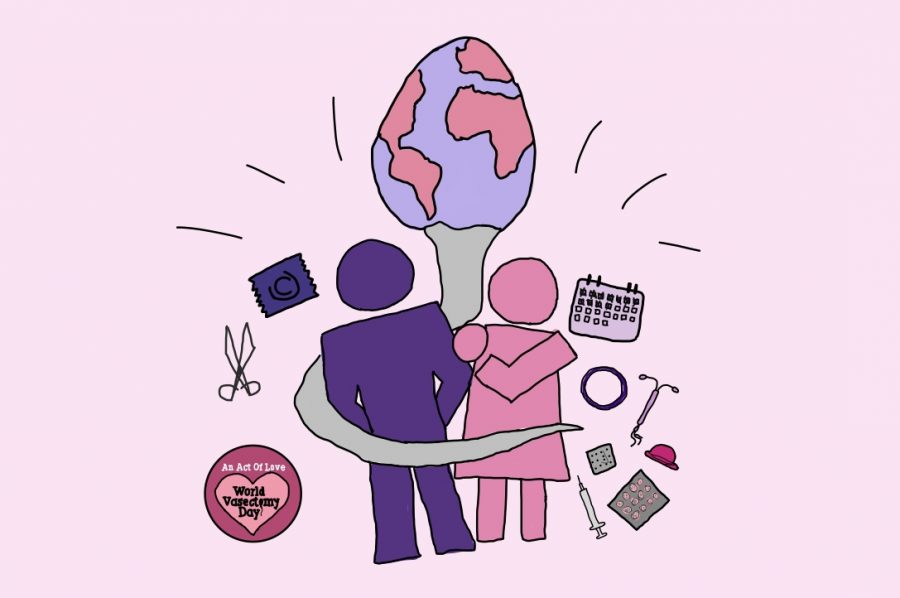Upon the mentions of vasectomies, many teens can’t help but snicker. Some don’t even know what the word means. Even for adults, the subject is highly stigmatized and obscure.
This year, World Vasectomy Day (WVD) falls on Nov. 19 and is celebrated every year during the third week of November.
WVD is a movement aiming to educate and increase vasectomy awareness worldwide, emphasizing the importance of men’s participation in pregnancy prevention. Since its launch as a single-day event in 2013, the WVD Project has developed into a year-round program, culminating in November with the U.S. Vasectomy Tour and a 24-hour celebration.
According to WVD Medical Advisory Board member Esgar Guarin, M.D., the organization deploys a group of filmmakers to a country for a month, using storytelling and media elements to help build a global movement.
“We have a group of doctors who go with a movement and perform vasectomies,” Guarin said. “We do vasectomies with the local teams, for free. Then we teach doctors how to do them in the most minimally invasive way so that men actually have only a couple of days of recovery.”
When it comes to sterilization in the United States, vasectomies are comparatively less popular than tubal ligations. According to the National Center of Biotechnology Information (NCBI), 47.3% of married couples prefer sterilization as their form of contraception, with 30.2% relying on tubal ligations, whereas vasectomies accounted for only 17.1%. However, compared to tubal ligations, vasectomies are faster, safer, and less invasive.
Historically speaking, the responsibility of contraception has always fallen into the hands of women. Sex education teaches students the multiple different forms of female birth control, and nearly every teen knows the meaning of “getting your tubes tied.”
Conversations often omit a man’s role in pregnancy prevention due to a lack of male contraceptive methods. Beyond that, they often refuse to participate, even with the only option they do have — condoms.
“I feel like, from what I can gather, most men would prefer not to use condoms because it feels ‘worse.’ It’s kind of selfish on their part though, considering that the girl is the one dealing with all the consequences,” said Joshua Sobajic, a junior at Carlmont.
Although the side effects of women’s birth control are common knowledge, men continue to leave this responsibility to their partners. WVD advocates changing the culture of male negligence surrounding contraception.
“When the decision is made to stop having children, it should be up to the man to go through a procedure that is much less invasive,” Guarin said. “When women have done so much, we need to do something. What we try to do with the organization is to make men understand that it is important that we participate.”
In a world of increasing economic challenges, more and more people are hesitant to have children, causing permanent sterilization to gain popularity among the younger generations.
“Kids drain your money, your patience, and your sanity,” said Nathan Wong, a senior at Monta Vista. “I would have no issues getting a vasectomy, so I won’t ever have to worry about them.”
It is important to note that vasectomies are an extreme and near-permanent solution that not everyone should consider, especially teens. However, childbirth cannot be undone either.
“At the end of the day is the individual’s body and is the individual’s right to make decisions, personal decisions in terms of reproduction,” Guarin said.























